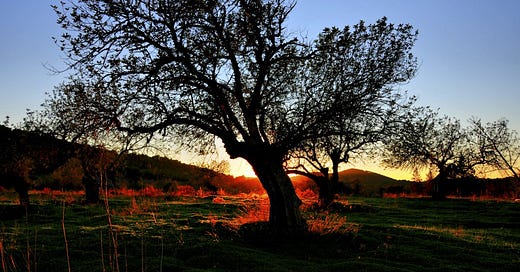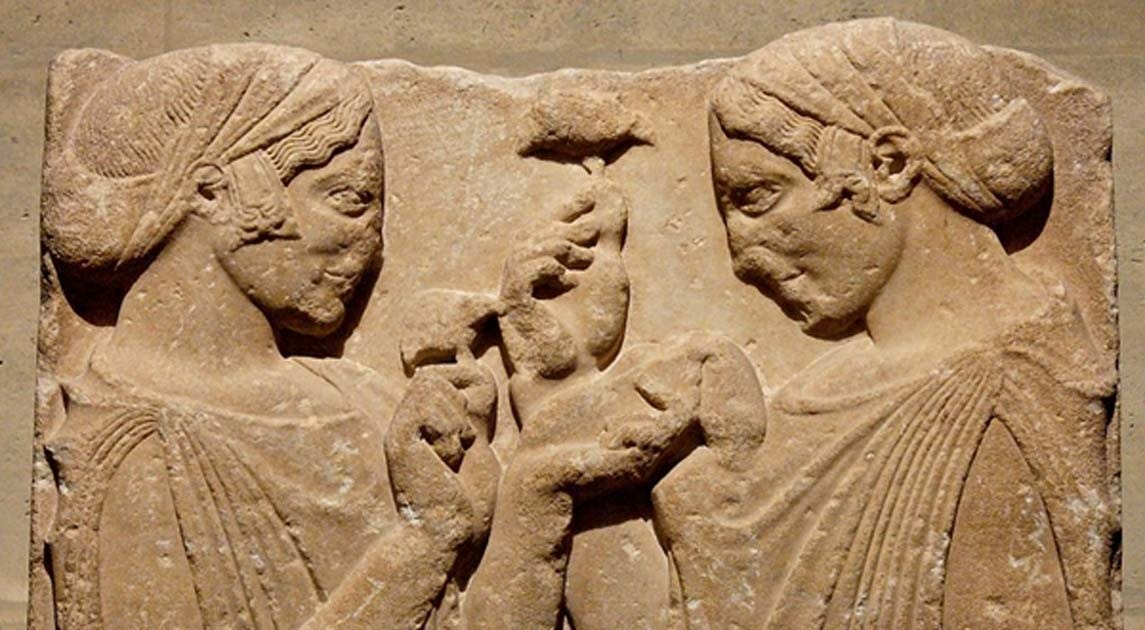“If most of us remain ignorant of ourselves, it is because self-knowledge is painful and we prefer the pleasures of illusion.”
― Aldous Huxley
Parting with our illusions is never easy. We love them as though they were the real thing. Indeed, the power of every great illusion is that it appears as though it were the real thing. Not only do we have illusions, we also have make-believe, that is, the stories and narratives we give ourselves to maintain our treasured illusions. By their nature, these illusions conceal from us the simple Truth, which has no parts, but which gradually appears in clearer shades and resolutions as we remove all the obstacles that stand in its way, one illusion at a time.
Of course, the qualitative distinctions between the real thing and the myriad imitations and illusions can be difficult to discern. This is especially the case when living in a world which is by design governed by “doxa”—the world of opinion—which Plato famously described as the shadows on the cave walls of our reality. But unless we do venture beyond the world of opinion, as Plato observed, pleasure and pain become the ultimate judges and deciders. When those things which we were told would deliver us from pain and grant us pleasure suddenly begin to lose their magic, a crisis unfolds. As the interlacing fabric of society’s false hopes and dim dreams begins to come undone, we are left with only one of two choices: rediscover the real thing or devolve into tyranny and chaos. Short of the former, the latter appears as the only truth that can save us from the violent whirlwinds of opinion whose force shipwrecks even the mightiest vessels. Today, Western civilization finds itself in just such a crisis.
Naturally, poking holes in the illusions of others is easy, but poking holes in our own, or our tribe or country’s illusions is a vastly greater task. It takes much effort and ultimately love, a love of something which transcends our own sense of self, tribal allegiance, or immediate desires, but which when discovered gives a completely new meaning to our story, sense and self. Then, as the Apostle Paul writes in his Corinthians 1:12, “We see through a glass, darkly; but then face to face.”
And this is where our story of illusions begins.
Shipwrecked
In Aldous Huxley’s final novel, Island, the Ultimate Revolution and predictive programming guru presents a re-imagined utopian version of his earlier dystopian Brave New World. While Huxley’s earlier novel presented a culture in which a magical drug called “soma” was used to chemically regulate people’s inner worlds and maintain everyone’s illusion of “happiness,” Huxley’s final novel presents a more mature vision of psycho-spiritual manipulation in which the denizens of the imaginary island of Pala are given the ultimate illusion: the illusion of having finally shed all illusions. At long last, these denizens believe that they have discovered the path to attaining their higher “self-actualized” selves, thanks to a magical drug called “moksha.”
Will Farnaby, a journalist employed by oil tycoon Joe Aldehyde intentionally shipwrecks himself for the purpose of gaining access to the forbidden Kingdom of Pala, fictively situated between the islands of Sumatra and Adaman Islands. Employed by Aldehyde and sent with the purpose of finding a means of convincing the local government to give up its oil rights, Farnaby is amazed with what he discovers on the utopian island. Unlike Huxley’s Brave New World where soma dulled the pain of an unfulfilled and innate longing, the citizens of Pala are blessed with “beatific glimpses” which reveal the way to true “liberation.” As a result, we are told that the citizens of Pala have discovered the secret to transcendence and unlocking their hidden “human potential.”
For instance, chapter 10 includes the following passage:
"Liberation," Dr Robert began again, "the ending of sorrow, ceasing to be what you ignorantly think you are and becoming what you are in fact. For a little while, thanks to the moksha-medicine, you will know what it's like to be what in fact you are, what in fact you always have been. What a timeless bliss! But, like everything else, this timelessness is transient. Like everything else, it will pass. And when it has passed, what will you do with this experience? What will you do with all the other similar experiences that the moksha-medicine will bring you in the years to come? Will you merely enjoy them as you would enjoy an evening at the puppet show, and then go back to business as usual, back to behaving like the silly delinquents you imagine yourselves to be? Or, having glimpsed, will you devote your lives to the business, not at all as usual, of being what you are in fact? All that we older people can do with our teachings, all that Pala can do for you with its social arrangements, is to provide you with techniques and opportunities. And all that the moksha-medicine can do is to give you a succession of beatific glimpses, an hour or two, every now and then, of enlightening and liberating grace. It remains for you to decide whether you'll co-operate with the grace and take those opportunities. But that's for the future. Here and now, all you have to do is to follow the mynah bird's advice: Attention! Pay attention and you'll find yourselves, gradually or suddenly, becoming aware of the great primordial facts behind these symbols on the altar." (Huxley, 208.)
Like any great illusion, Huxley’s psychedelic paradise appears dazzling and dreamy at first. This is especially the case for a spiritually starved society like our modern Western world, which currently finds itself disenchanted by the radical materialism that has taken over and corrupted from within the classical Western scientific, artistic and spiritual tradition that made our present Western abundance possible in the first place. However, in the case of Pala, having attained a higher sense of transcendent self, the denizens of this utopian island have rejected an industrial consumer society and are happy living a non-materialistic life of spiritual and meditative practices in a society that provides “just enough.”
But how exactly does Pala succeed in making this seeming paradise possible?
Another compelling Huxlian passage speaks to the island’s subtle spiritual state. Farnaby learns why the citizens of Pala wouldn’t be tempted by the trappings of so-called Western materialism and industrial progress:
"You mean, they wouldn't be tempted? Not even by Sleek Speedsters and Whisper-Pink Bras? But that's incredible!"
"It may be incredible," said Murugan bitterly; "but it's a fact. They're just not interested."
"Not even the young ones?"
"I'd say especially the young ones."
Will Farnaby pricked up his ears. This lack of interest was profoundly interesting. "Can you guess why?" he asked.
"I don't guess," the boy answered. "I know." And as though he had suddenly decided to stage a parody of his mother, he began to speak in a tone of righteous indignation that was absurdly out of keeping with his age and appearance. "To begin with, they're much too busy with..." He hesitated, then the abhorred word was hissed out with a disgustful emphasis. "With sex."
"But everybody's busy with sex. Which doesn't keep them from whoring after sleek speedsters."
"Sex is different here," Murugan insisted.
"Because of the yoga of love?" Will asked, remembering the little nurse's rapturous face.
The boy nodded. "They've got something that makes them think they're perfectly happy, and they don't want anything else."
"What a blessed state!"
"There's nothing blessed about it," Murugan snapped. "It's just stupid and disgusting. No progress, only sex, sex, sex. And of course that beastly dope they're all given."
"Dope?" Will repeated in some astonishment. Dope in a place where Susila had said there were no addicts? "What kind of dope?"
"It's made out of toadstools. Toadstools!" He spoke in a comical caricature of the Rani's most vibrant tone of outraged spirituality.
"Those lovely red toadstools that gnomes used to sit on?"
"No, these are yellow. People used to go out and collect them in the mountains. Nowadays the things are grown in special fungus beds at the High Altitude Experimental Station. Scientifically cultivated dope. Pretty, isn't it?" (Id., 164-165.)
But might this psychedelic paradise of tantra and toadstools be too good to be true?
Food of the Gods
Keep reading with a 7-day free trial
Subscribe to Age of Muses to keep reading this post and get 7 days of free access to the full post archives.






